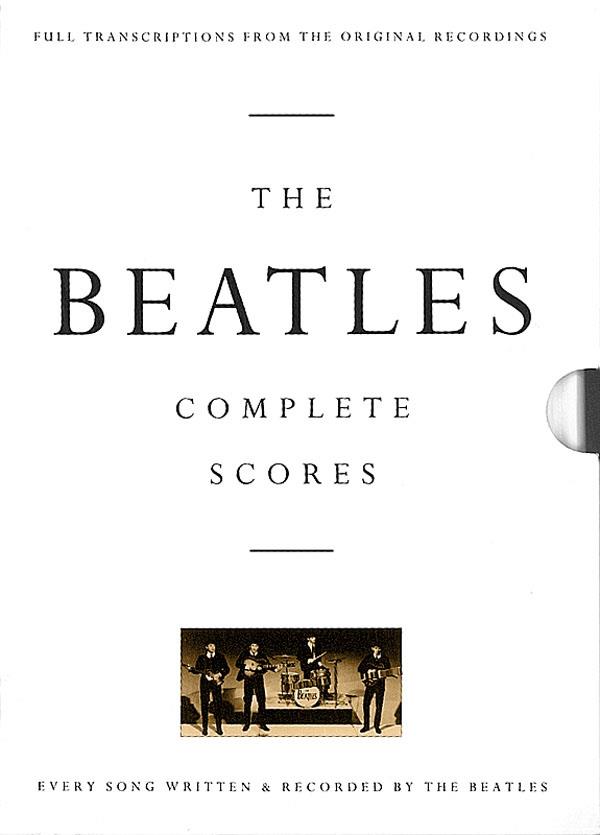Poul Ruders: Listening Earth - A Symphonic Drama for Orchestra (Score)
Premiered at the festival 'Magma Berlin 2002' by the Berlin Philharmonic Orchestra, conducted by David Robertson, 29th November 2002.3 Flutes, 1st and 2nd also Alto Flutes in G, 3rd also Piccolo3 Oboes, 3rd also Cor Anglais in F3 Clarinets in Bb, 3rd also Bass Clarinet in Bb3 Bassoons, 3rd also Contra Bassoon4 Horn in F3 Trumpets in Bb3 Trombones1 TubaTimpani4 Percussion, four playersPlayer 1 - Vibraphone, Glockenspiel, Water Chime, Bell Tree, Japanese Wood Blocks, Cymbal (Suspended), TamTam (Medium)Player 2 - Triangle, Tubular Bells, Crotales, Marimba, Chinese CymbalPlayer 3 - TamTam (Large), Java Gong (Large, very low), Bell Lyra (Handheld), Sizzle CymbalPlayer 4 - Bass Drum, Glockenspiel, Xylophone1 Harp1 Piano, also CelestaStrings - 16/14/12/10/8All transposing instruments are notated in their relevant transpositions.Any accidental apply only to the note that it immediately precedes, except tied notes.Naturals appear occasionally 'for safety'."LISTENING EARTH" is a symphonic drama, a one- movement composition in four parts based on the work by two writers, Joseph Addison (1672-1719) and W.H.Auden (1907-1973). Joseph Addison is not particularly well known; he was English, a classical scholar, essayist, poet and politician, but one of his hymns was used by Benjamin Britten. in his setting of a Thomas Tallis canon.The hymn is singularly beautiful and being a composer always inspired by extramusical stimuli such as poems, nature, paintings, I was immediately convinced when I carne across the Addison hymn, that here was exactly what I wanted to use as my major source of inspiration for this piece, commissioned by and written for The Berlin Philharmonic. I don't refer to the hymn in its entirety, but have chosen the following 3 excerpts, all acting as mottos for the first three sections of the piece, thus turning the piece into a straightforward tonepoem in the classical sense:The spacious firmament on high,With all the blue ethereal sky,And spangled heavens, a shining frame,Their great original proclaim. The title of the piece presents itself in the following verse: Soon as the evening shades prevailThe moon takes up the wondrous tale,And nightly to the listening earthRepeats the story of her birth;The third part of the piece follows these dramatic lines: Whilst all the stars that round her bum,And all the planets in their turn,Confirm the tidings, as they role,And spread the truth from pole to pole. Then 11 September, 2001 happened and personally - and as an artist - I quite simply couldn't end the piece on such a happy and glorious note, however beautiful, so, when the American modem-music web site sequenza2I.com in the days following the attack on New York City and Washington D.C. brought W.H.Auden's poem "September 1, 1939", I found the appropriate text on which to base the fourth and final section of 'listening Earth", which now turns into "Angry Earth'. Auden wrote the poem on the eve of 1 September, the day Hitler and his hordes rolled into Poland:... Waves of anger and fearCirculate over the brightAnd darkened lands of the earth,Obsessing our private lives;The unmentionable odour of deathOffends the September night. (From Another Time by W.H.Auden, published by Random House. Co


















